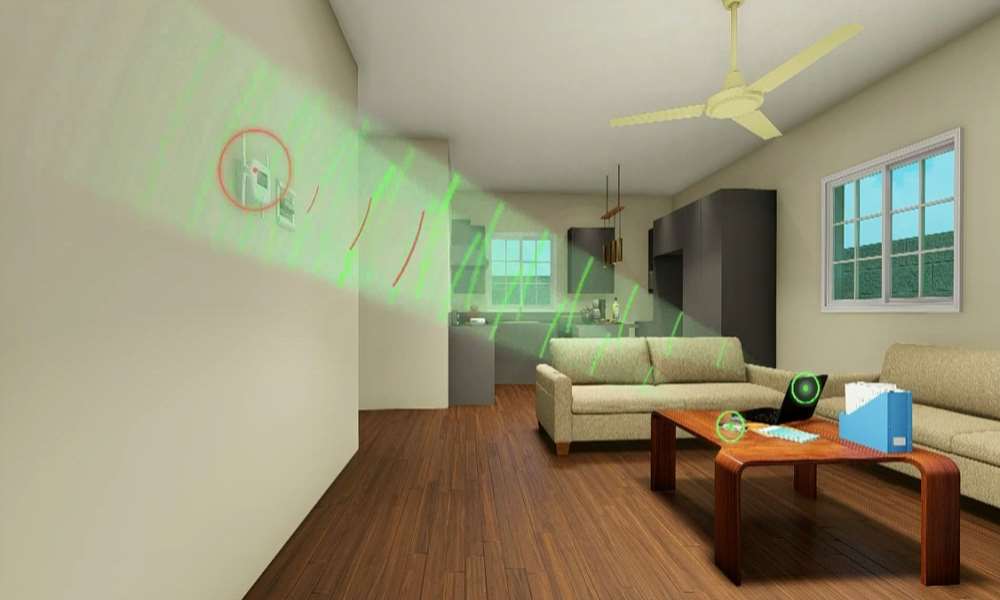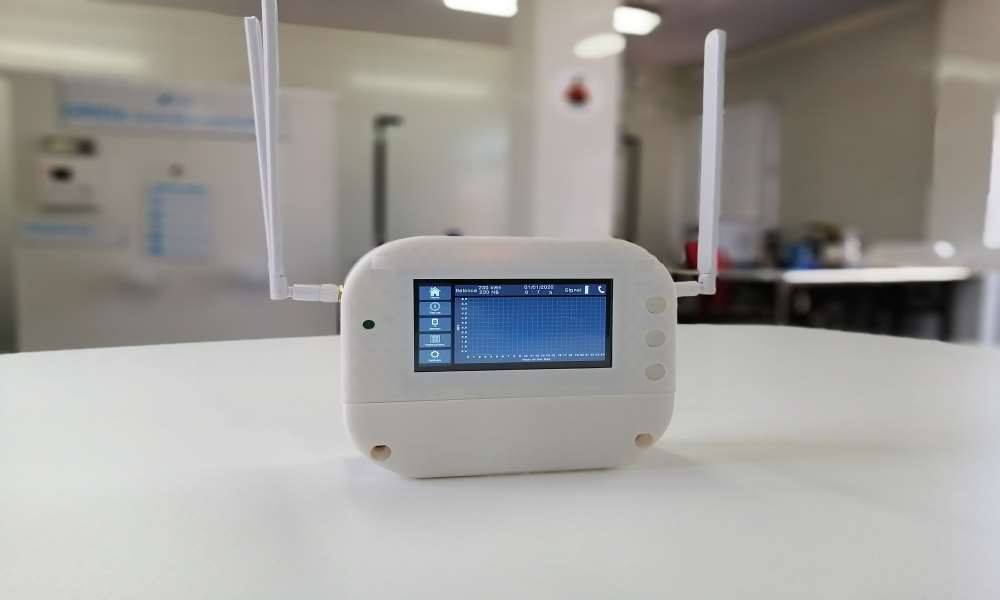Pulsar introduces smart meter
A convenient way to use electronics
Internationally certified device features Wi-Fi and allows users to monitor and control electricity consumption
Initiated about eight years ago and the first of its kind, Pulsar was founded by Kamati Hasheela and Adrian Larreal to increase internet penetration in Africa while providing a smart metering platform.
The device is called a smart meter and features an integrated wi-fi module that enables users to leverage the meter as a router, expanding internet connectivity in homes without additional costs for users.
Hasheela has a degree in electronics engineering and has focused his career on electronics systems design and software development.
Larreal has a master’s degree in applied economics and has years of experience in the electric and gas utility industries.
The Pulsar brand has a team of skilled professionals supporting the development of the platform.
The team has previously won the 2019 Development Bank of Namibia (DBN) Innovation Award and is in the Business Financial Solutions (BFS) Incubation Programme.
Co-founder of Pulsar, Hasheela, says these two organisations were instrumental in getting the project off the ground by providing funding and company strategic management coaching.
Pulsar has a long-term relationship with Namibia's University of Science and Technology (NUST), collaborating in the research and development of key enabling technologies to bring the product to market.
Functionalities
• The smart meter allows users to remotely control and monitor electricity consumption for any period of time.
• Users have the ability to remotely top-up their electricity tokens via wireless channels such as SMS.
• Users can schedule their geysers on and off to allow for more efficient utilisation of electricity in their homes.
• Provides access to the internet through the integrated Wi-Fi router.
• The smart meter collects consumption of data that helps improve the safety and reliability of systems.
Certified internationally for local use
The founders of Pulsar say the smart meters have been extensively tested and certified by the Standard Transfer Specification (STS) under the International Electrotechnical Commission (IEC) specifications.
The STS association has certified over 800 million meters globally.
This is the first meter to be developed in Namibia and to be certified by an international certification body accompanied by compliance with international regulatory requirements.
Hasheela says the device incorporates "high accuracy measurement technologies with auto calibration techniques to compensate for errors resulting from changing weather, which may result in possible inaccurate electricity billing."
Sharing the importance of implementing and embracing new ideas, Hasheela says the world is continuously evolving, with new technologies being created daily.
"These new technologies can improve the lives of people all over the world. New ideas made accessible to people worldwide can reduce costs and make future ideas more easily implemented as new inventions," he said.
The device is called a smart meter and features an integrated wi-fi module that enables users to leverage the meter as a router, expanding internet connectivity in homes without additional costs for users.
Hasheela has a degree in electronics engineering and has focused his career on electronics systems design and software development.
Larreal has a master’s degree in applied economics and has years of experience in the electric and gas utility industries.
The Pulsar brand has a team of skilled professionals supporting the development of the platform.
The team has previously won the 2019 Development Bank of Namibia (DBN) Innovation Award and is in the Business Financial Solutions (BFS) Incubation Programme.
Co-founder of Pulsar, Hasheela, says these two organisations were instrumental in getting the project off the ground by providing funding and company strategic management coaching.
Pulsar has a long-term relationship with Namibia's University of Science and Technology (NUST), collaborating in the research and development of key enabling technologies to bring the product to market.
Functionalities
• The smart meter allows users to remotely control and monitor electricity consumption for any period of time.
• Users have the ability to remotely top-up their electricity tokens via wireless channels such as SMS.
• Users can schedule their geysers on and off to allow for more efficient utilisation of electricity in their homes.
• Provides access to the internet through the integrated Wi-Fi router.
• The smart meter collects consumption of data that helps improve the safety and reliability of systems.
Certified internationally for local use
The founders of Pulsar say the smart meters have been extensively tested and certified by the Standard Transfer Specification (STS) under the International Electrotechnical Commission (IEC) specifications.
The STS association has certified over 800 million meters globally.
This is the first meter to be developed in Namibia and to be certified by an international certification body accompanied by compliance with international regulatory requirements.
Hasheela says the device incorporates "high accuracy measurement technologies with auto calibration techniques to compensate for errors resulting from changing weather, which may result in possible inaccurate electricity billing."
Sharing the importance of implementing and embracing new ideas, Hasheela says the world is continuously evolving, with new technologies being created daily.
"These new technologies can improve the lives of people all over the world. New ideas made accessible to people worldwide can reduce costs and make future ideas more easily implemented as new inventions," he said.






Kommentar
Allgemeine Zeitung
Zu diesem Artikel wurden keine Kommentare hinterlassen